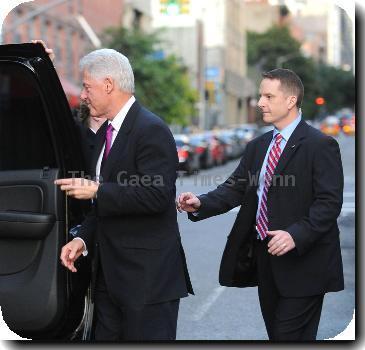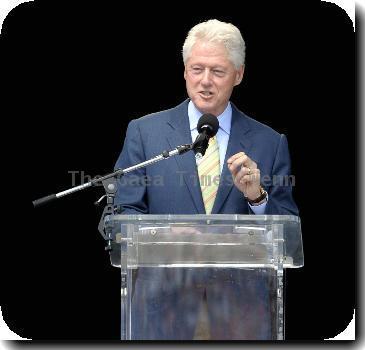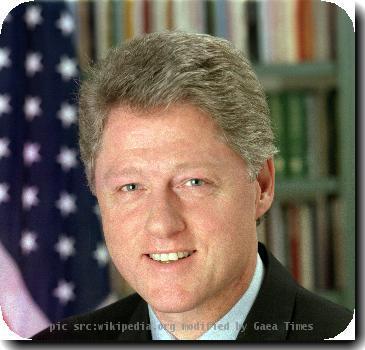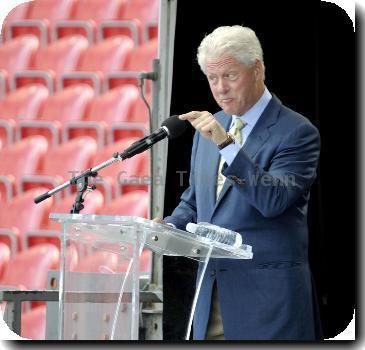Court battle over Bagram detainee rights has Obama administration echoing Bush era’s hard line
By Pete Yost, APThursday, January 7, 2010
Battle over Bagram detainees echoes Gitmo argument
WASHINGTON — A federal appeals court panel expressed deep skepticism Thursday about giving three detainees at Bagram Airfield in Afghanistan the same right to challenge their indefinite detention as prisoners at Guantanamo Bay, Cuba.
During a courtroom argument about a Tunisian and two Yemeni prisoners seeking to be released from Bagram, the judges suggested that opening federal courts to some detainees from Bagram could have far-reaching consequences, possibly interfering with U.S. military operations in future campaigns anywhere in the world.
During the court argument that lasted over an hour, Tina Foster, an attorney representing the three detainees, pointed to the fact that each of the men has been held for over six years.
Foster’s argument drew a sharp response from Judge Harry Edwards.
“That’s a big reach” from the Supreme Court ruling that gave Guantanamo Bay detainees the right to challenge their detention, said Edwards, an appointee of President Jimmy Carter.
Edwards and Judge David Tatel, an appointee of President Bill Clinton, seemed to struggle with the problem of how to craft a narrowly constructed opinion that would affect only the three men and not lay the groundwork for opening up the court system to many other detainee cases now and in the future. The third member of the panel was Chief Judge David Sentelle, an appointee of President Ronald Reagan.
Some 600 long-term detainees are held at Bagram, most of them alleged by the U.S. military to be Taliban supporters who pose a threat.
The court battle over the three men at Bagram has spanned the Bush and Obama administrations and the government has taken a consistently hard line.
Unlike Guantanamo Bay, Bagram is a dangerous place that has repeatedly been assaulted by the Taliban and al-Qaida and the right to challenge indefinite detention has never been extended into a war zone, Justice Department lawyer Neal Katyal told the judges.
Before joining the Obama administration as the top deputy in the solicitor general’s office, Katyal won a big victory in the Supreme Court in 2006 when he represented Guantanamo Bay detainees facing military commission trials. The Supreme Court found that President George W. Bush’s military tribunals violated the constitutional separation of powers, domestic military law and international law. That ruling also applied international law to the Bush administration’s conduct of the war on terror. The court embraced Article 3 of the Geneva Accords which prohibits humiliating and degrading treatment.
The court battle over the two Yemeni prisoners at Bagram comes at a time when Yemen is a growing focal point in the war on terror, with Wednesday’s indictment of a man who, according to his father, drifted into extremism in Yemen and tried to blow up a Detroit-bound Northwest Airlines flight on Christmas Day.
Classified as unlawful enemy combatants, the three detainees in the case are Redha al-Najar, a Tunisian citizen; and Fadi al Maqaleh and Amin al Bakri, both Yemeni citizens.
Amin al Bakri says he was captured in Thailand in 2002 and held at an undisclosed location before being moved to Bagram. Redha al-Najar says he was captured in Pakistan in 2002. Fadi al Maqaleh says he was taken into custody outside Afghanistan in 2003, though he does not say where.
Tags: Bill Clinton, Caribbean, Cuba, Judicial Appointments And Nominations, Latin America And Caribbean, Middle East, Military Legal Affairs, North America, United States, Washington, Yemen



